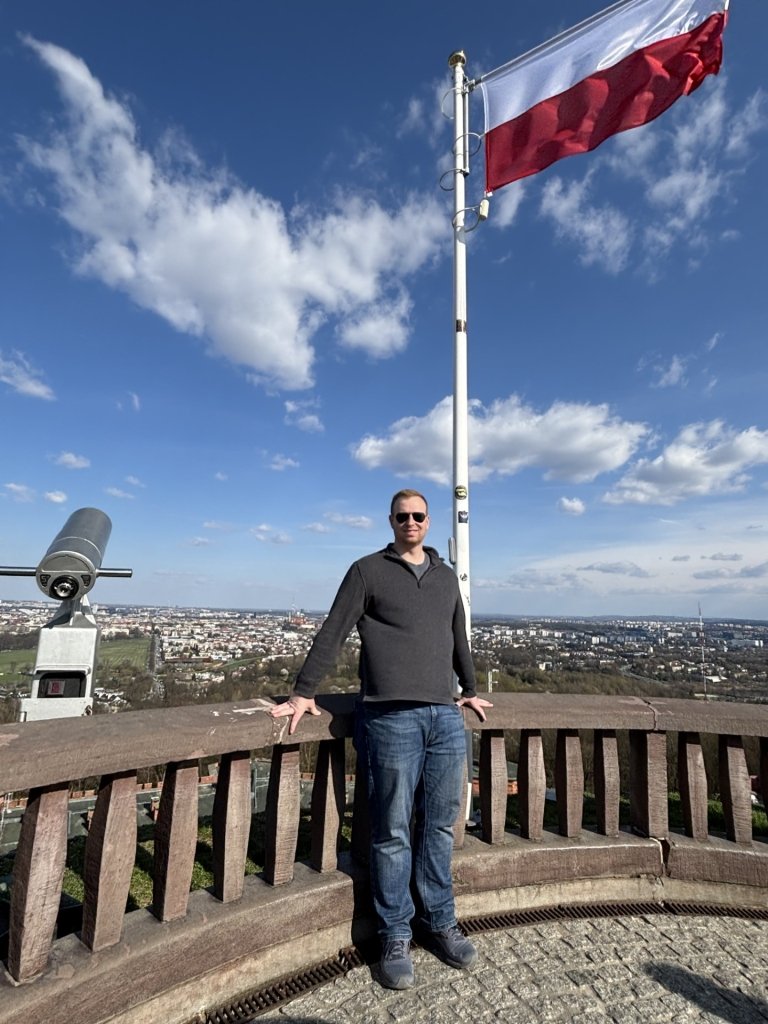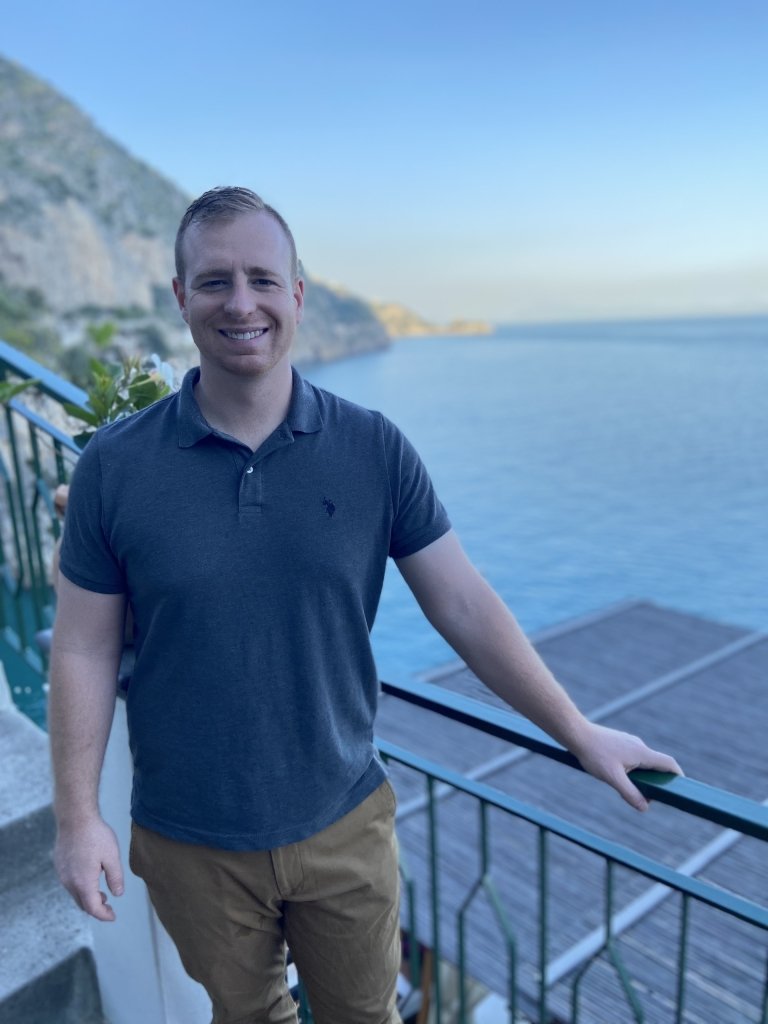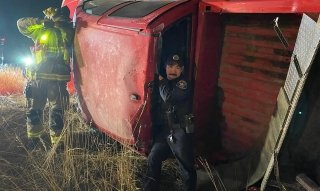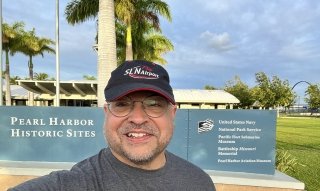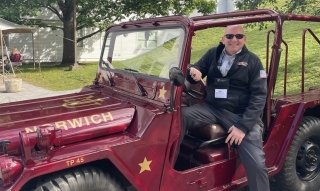Frank Christopher Ofner
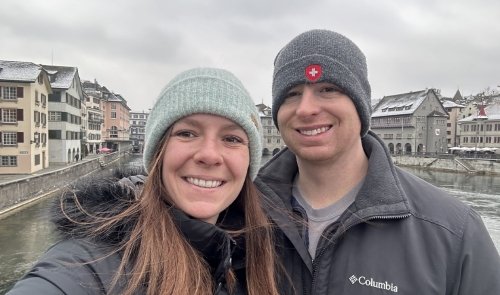
Not only have so many faculty and staff served, but the coursework often reflects our military mindset. That gives Norwich a distinct advantage within the veteran and military community.
When Captain Frank Christopher Ofner speaks about history, it is with the conviction of someone who has lived it, studied it, and now teaches it to the next generation of military leaders. A Master of Arts in Military History graduate from Norwich University (Class of 2020), Ofner has built a career at the intersection of service, scholarship, and leadership. Today, he serves as the U.S. Army Center of Military History’s Scholar in Residence at the United States Military Academy at West Point, a position for which Norwich University played a defining role.
A Foundation in Service and Education
Raised in New Jersey, Ofner’s path to a military and academic career began with his undergraduate studies in international relations at Saint Joseph’s University and participation in the Army ROTC program at Drexel University. Through the Army’s Simultaneous Membership Program, he commissioned into the Army Reserve as an intelligence officer while also joining the Delaware State Police.
Over the years, he balanced dual careers in law enforcement and the military, moving from patrol duties to criminal investigations while continuing his Army Reserve service. “It was a lot to manage, but each role strengthened my leadership skills in different ways,” he reflects.
The seeds for his graduate studies were planted years earlier, when he read an article about Norwich University in a military history magazine. The idea stayed with him. “I knew the part of history that was going to hold my attention the most was military history,” he says. That interest was rekindled during annual training for the Army Reserve, when he watched a lecture by historian Victor Davis Hanson and thought, I could do this. Norwich immediately came to mind. Without exploring other schools, Ofner committed to Norwich’s online Master of Arts in Military History program, beginning in 2018 and graduating in 2020.
Norwich’s Rigor and Real-World Application
For Ofner, Norwich’s academic rigor was both a challenge and a professional catalyst. “The coursework at Norwich is very challenging. It’s a real graduate program on par with any in-person degree,” he says. The program sharpened his critical thinking skills, an ability he considers vital in both his military and civilian careers.
The degree also opened doors in the Army Reserve, making him eligible for the Army Historian skill identifier. “When explaining my job, I’d ask people if they liked Band of Brothers. When they said yes, I’d reply, ‘How do you think we know what happened? Someone had to sit there and talk to Major Winters.’”
Ofner’s capstone research on the Eastern Front during World War II later added unexpected depth to his military service. While mobilized as the Officer in Charge of the 311th Military History Detachment, he found himself standing in locations he had studied and written about. “Knowing history enriched the experience exponentially,” he recalls. “I realized I was an American military intelligence officer in what was once the Soviet Union, something inconceivable just 30 years ago.”
From Norwich Graduate to West Point Faculty
Norwich’s reputation directly influenced Ofner’s current appointment at West Point. The Scholar in Residence role typically requires a PhD, but West Point also lists Norwich as one of the few master’s programs that would qualify candidates. “It’s clear West Point has a lot of faith in Norwich’s ability to prepare me to teach history,” he says.
Today, Ofner teaches the history of the military from 1900 to the present, primarily to first-year cadets. Among the concepts he mastered at Norwich, he emphasizes the importance of understanding the three levels of war: tactical, operational, and strategic. “Graduate education prepares you for the operational and strategic levels of war and military decision-making,” he explains.
Influential Faculty and Lasting Mentorship
Ofner credits several Norwich professors with shaping his academic approach. Dr. John Broom made a strong impression in the early courses, while Dr. Tony Piscitelli’s Amphibious Warfare course became a favorite. “Everyone is surprised by how much there is to learn about the Army and amphibious warfare,” he says.
He also points to Dr. David Ulbrich’s support during a particularly demanding period in 2020, when his State Police duties intensified amid widespread civil unrest. “Dr. Ulbrich was very understanding and gave me the tools to graduate on time,” he recalls.
A Message to Service Members
Ofner is candid about the demands of graduate study. “Norwich is very demanding, but nothing worth doing is ever easy,” he says. Balancing his Army Reserve duties, State Police responsibilities, and graduate coursework required discipline and time management, but the payoff was substantial. “In the end, it helped me become a better officer and manager. It’s tough, but it’s doable.”
He believes Norwich’s deep military culture sets it apart. “Not only have so many faculty and staff served, but the coursework often reflects our military mindset. That gives Norwich a distinct advantage within the veteran and military community.”
The Norwich Advantage
Earning his master’s degree has had a tangible impact on Ofner’s professional credibility and opportunities. “Norwich has opened many, many doors throughout my career, both academically and professionally,” he says. For those pursuing military history, he believes the Norwich name carries particular weight.
Now entrusted with educating future Army officers, Ofner draws directly from his Norwich experience. “I’m going to demand the same quality of work from the cadets that Norwich did of me. They have a tough job ahead of them. They are charged with our most precious resource, our nation’s sons and daughters, and I don’t take that role lightly.”
From the bustling streets of Delaware to the historic halls of West Point, CPT Frank Ofner’s journey demonstrates how rigorous education, grounded in service and scholarship, can shape leaders who preserve history while preparing the next generation to make it. For him, Norwich University was the bridge between the Soldier, the scholar, and the mentor he is today.

